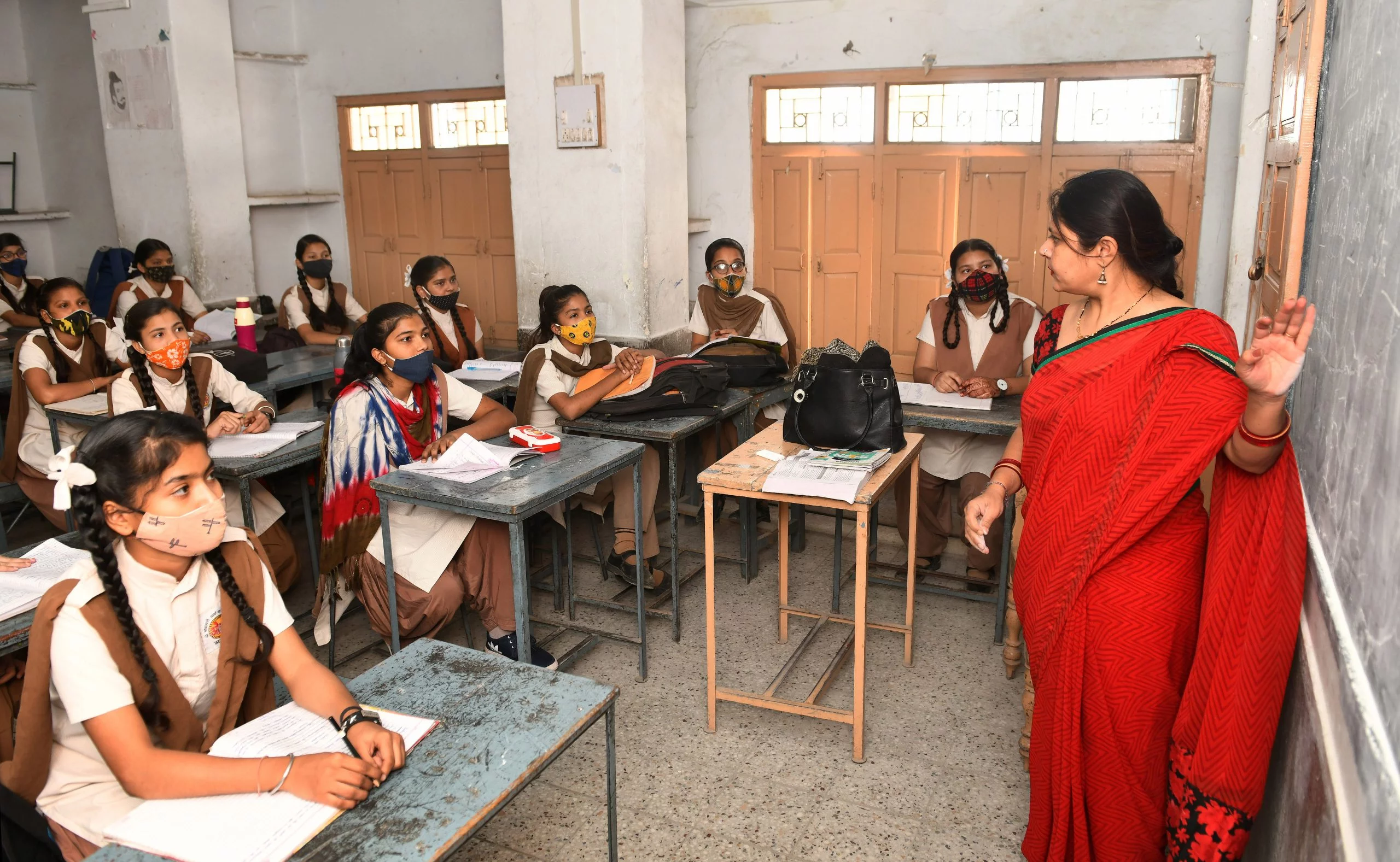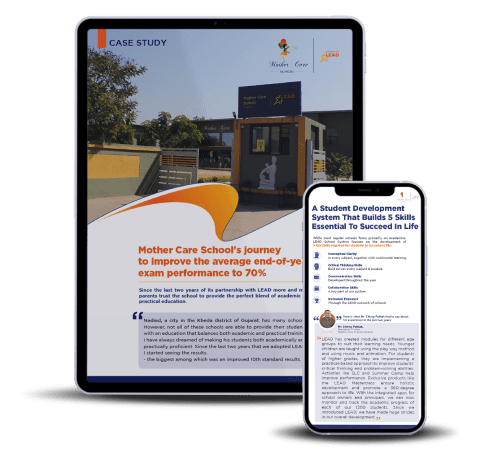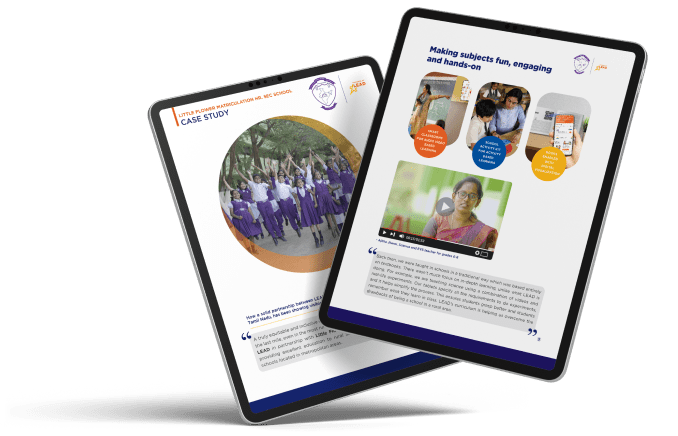Understanding National Education Policy 2020 (NEP 2020)
What is the National Education Policy 2020?
The National Education Policy 2020, approved by the Union Cabinet of India on 29 July 2020, outlines the vision of the new education system of India. It replaces the previous National Policy on Education, 1986.
The vision of the policy is to build an educational system rooted in the Indian ethos that contributes directly to transforming India by providing high-quality education to all, thereby making India a global knowledge superpower. The National Curriculum Framework (NCF), developed as part of the NEP 2020 implementation, ensures that learning outcomes are aligned with 21st-century skills and holistic development.









